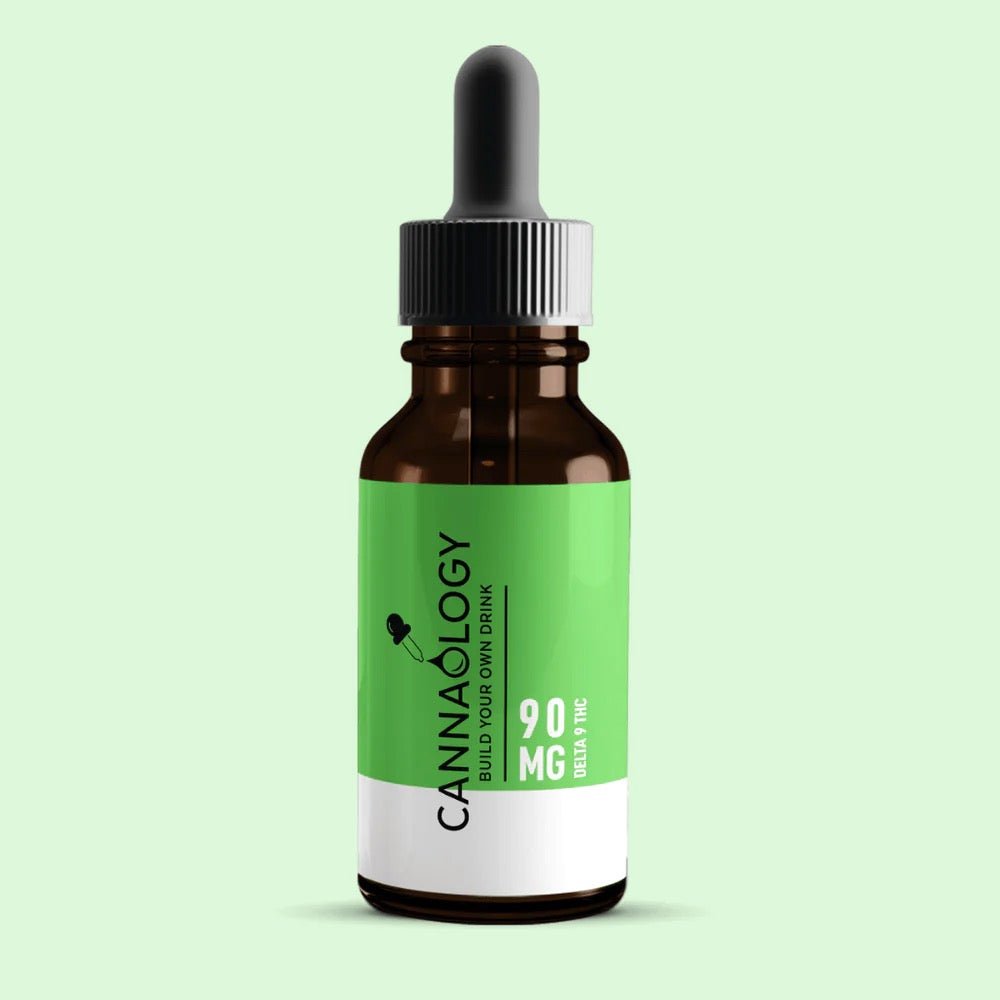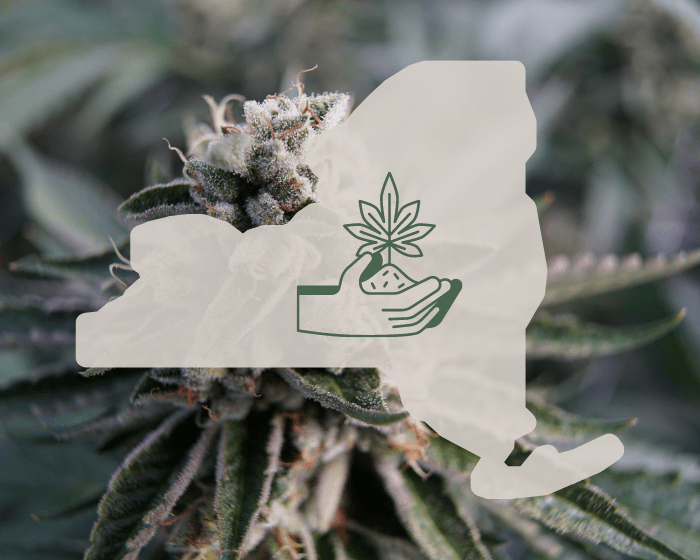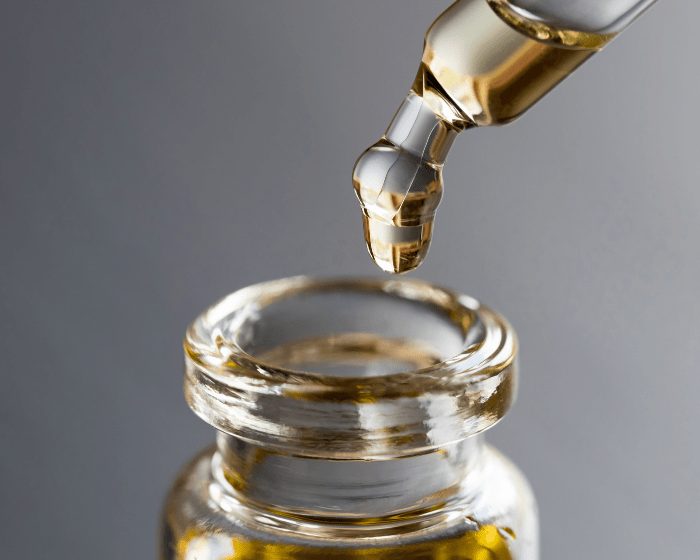One business owner says he’s prepared to stand his ground.

A district attorney in Kansas has given hemp shops in his jurisdiction until March 20 to stop selling delta-8 TCH. One shop owner says he believes he’s within the law — and willing to take the issue to court.
Johnson County District Attorney Steve Howe announced Feb. 22 that his office had begun issuing written notices advising businesses of the deadline to stop selling delta-8.
“We are providing your company written notice of the illegality of these products,” Howe's letter reads. “You have an opportunity to voluntarily remove these products from your store shelves and no longer sell them to consumers. You have until the close of business on March 20, 2022 to accomplish this. Failure to remove these illegal products from your shelves by March 20th could result in your business, its owners and employees being subject to criminal penalties.”
The notice follows a Dec. 2, 2021 opinion from the Kansas Attorney General’s Office that called delta-8 “unlawful to possess or sell” beyond trace concentrations of 0.3%.
Delta-8 THC has a chemical structure similar to that of delta-9 THC, the most abundant form of naturally-occurring THC. And like delta-9, it has a psychotropic effect, though its effects are reportedly milder. The delta-8 on the market today is sourced from hemp and is not explicitly banned at the federal level.
State laws governing the substance vary. Johnson County sits on the outskirts of Kansas City, Missouri, where delta-8 can be found in convenience stores, tobacco and hemp shops.
“While we are sympathetic to the plight of many who suffer from a variety of ailments and conditions and seek help in easing their pain, we have a duty to ensure that unlawful products are not being sold to consumers and that these substances go through proper vetting processes to ensure they are safe to consumers.”
— Johnson County District Attorney Steve Howe
Howe noted in a press release that his job is to enforce laws, and he hoped Kansas lawmakers would clarify the state's policy on delta-8.
“While we are sympathetic to the plight of many who suffer from a variety of ailments and conditions and seek help in easing their pain, we have a duty to ensure that unlawful products are not being sold to consumers and that these substances go through proper vetting processes to ensure they are safe to consumers,” Howe said in a press release. “[…] We are hoping the Kansas Legislature will provide further clarity to this issue during the next legislative session.”
"With these different products being sold with different chemical compounds or different additives, it's always a constant challenge," Howe told KSHB Kansas City. "And we're again trying to be even handed about this and putting people on notice. We think this is the right approach, but it is confusing."
“We are 100% confident that what we're doing is legal within the letter of the law in Kansas. So we'll let the judge decide, you know, whose interpretation is correct."
— Vince Sanders, founder of CBD American Shaman
The DA’s notice hits close to home for Vince Sanders, who founded CBD American Shaman in Kansas City, Missouri, in 2015. Since then, the business has grown into a franchise with some 365 locations nationwide. Several of those are in Johnson County.
Sanders told KSHB Kansas City he believes delta-8 is legal in Kansas. And he’s willing to take the issue to court.
“Cannabis has a huge place in our healthcare and that, you know, we just need to get our heads around it and figure out how to properly legislate it and get it into the consumers hands,” Sanders said. “We are 100% confident that what we're doing is legal within the letter of the law in Kansas. So we'll let the judge decide, you know, whose interpretation is correct."







































